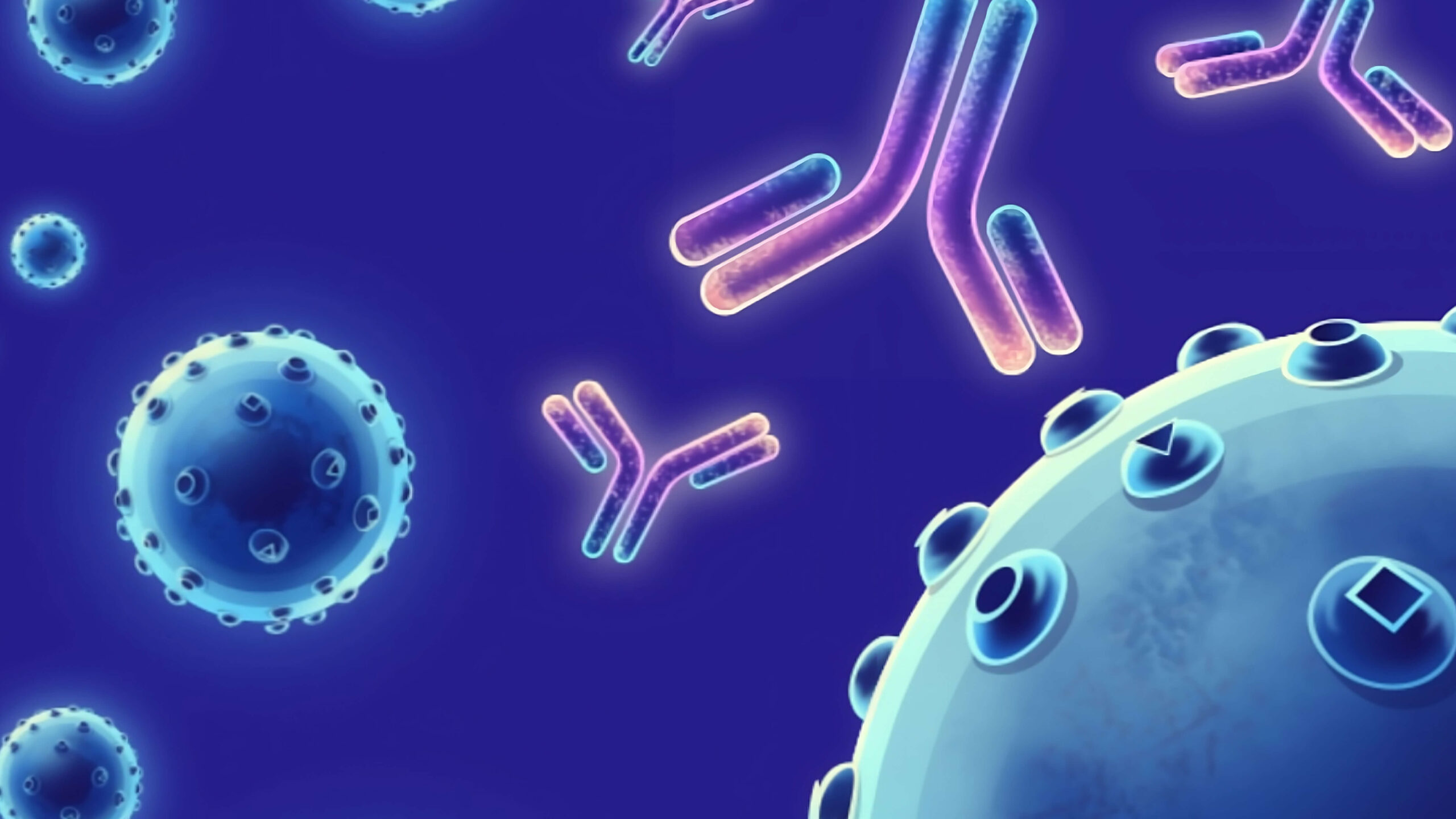Description
SerpinA3, also known as Alpha 1-antichymotrypsin (AACT), is a plasma alpha globulin glycoprotein, and is a member of serpin superfamily of the serine protease inhibitors consisting of at least 35 members. SerpinA3 has been demonstrated to inhibit the activity of certain serine proteases, such as cathepsin G found in neutrophils, and chymases present in mast cells, by inducing a major conformational rearrangement, and thus protects some tissues from damage caused by proteolytic enzymes. This enzyme is produced primarily in the liver, and is identified as an acute-phase inflammatory protein. SerpinA3 deficiency has been associated with liver disease, and mutations of this gene have been observed in patients with Parkinson disease and chronic obstructive pulmonary disease. Besides, ACT gene polymorphism has been implicated with Alzheimer佻s disease (AD), cerebral amyloid angiopathy (CAA), as well as stroke, since SerpinA3 is a major constituent of the plaques in AD and an inhibitor of amyloid beta peptide degradation.
Target
SerpinA3
Target Alias Names
AACT, ACT, GIG24, GIG25, MGC88254, SERPINA3
Isotype/Mimetic
Rabbit IgG
Animal-Derived Biomaterials Used
No
Sequence Available
No
Original Discovery Method
Phage display technology
Antibody/Binder Origins
Animal-dependent discovery, post-2020, In vitro recombinant expression

